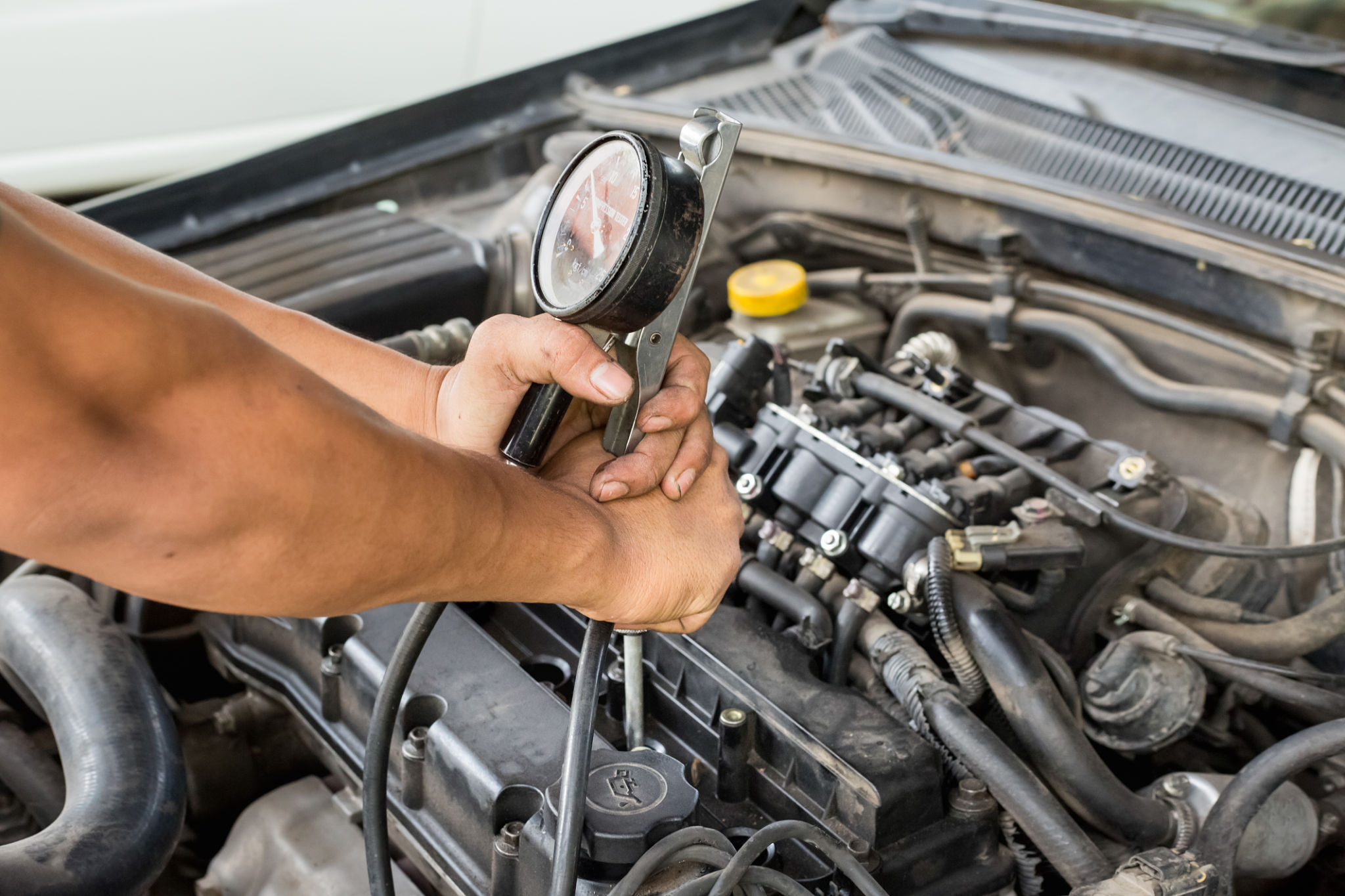The Ultimate Guide to Engine Repair: What Every Car Owner Should Know
JG
Understanding Your Engine
The engine is the heart of your vehicle, and understanding its basic functions can help you keep your car running smoothly. At its core, an engine converts fuel into mechanical energy, powering your car down the road. Knowing how it works can make it easier to identify problems early and potentially save on repair costs.

Common Engine Problems
Engines are complex machines with many moving parts, and issues can arise from several sources. Some common problems include overheating, oil leaks, and unusual noises. Recognizing these symptoms early can help prevent more severe damage.
Overheating can be caused by a failing radiator or a leak in the cooling system. Oil leaks might originate from worn seals or gaskets, while strange noises could indicate loose components or internal damage. If you notice any of these signs, it's crucial to address them promptly.
Basic Maintenance Tips
Regular maintenance is key to avoiding costly repairs. Here are a few essential tips every car owner should follow:
- Change the oil regularly: Fresh oil ensures that the engine components are well-lubricated and functioning properly.
- Check the coolant level: Proper coolant levels help prevent overheating.
- Inspect belts and hoses: Look for signs of wear and replace them if necessary to avoid breakdowns.

When to Seek Professional Help
While some minor issues can be addressed by the car owner, others require professional expertise. If you're experiencing persistent problems or if the engine warning light is on, it's time to consult a professional mechanic. They have the tools and experience necessary to diagnose and fix complex issues accurately.
The Importance of Regular Check-Ups
Scheduling regular check-ups with a trusted mechanic can help catch potential problems before they become major issues. These routine inspections can extend the life of your engine and ensure your vehicle runs efficiently.
Understanding Engine Components
Familiarizing yourself with key engine components can also be beneficial. Some vital parts include:
- Pistons: Move up and down in cylinders to convert fuel into energy.
- Cylinder block: The main structure housing the pistons and other components.
- Crankshaft: Converts the pistons' up-and-down motion into rotational motion.

The Role of Technology in Engine Repair
Modern cars are equipped with advanced technology that aids in engine diagnostics and repair. Onboard computers can monitor engine performance and alert drivers to potential problems. Understanding these systems can empower car owners to make informed decisions about repairs.
DIY Engine Repairs: Pros and Cons
For those who enjoy hands-on tasks, DIY engine repairs can be appealing. However, they come with risks. While simple tasks like changing spark plugs or air filters are manageable for many, more complex repairs should be left to professionals to avoid inadvertently causing further damage.
Conclusion
Caring for your car's engine is an essential part of vehicle ownership. By understanding common issues, performing regular maintenance, and knowing when to seek professional help, you can ensure your car remains reliable for years to come.

